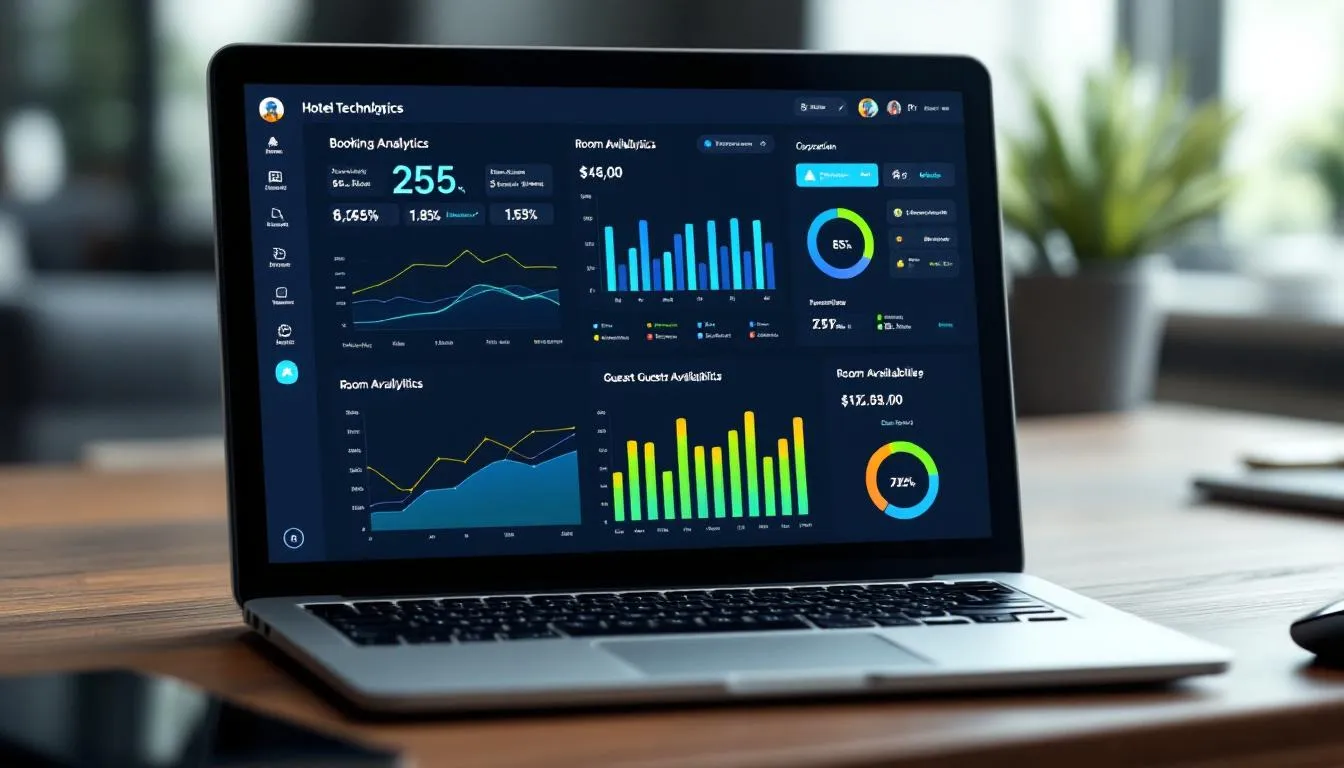Effective Strategies to Manage Hotel Group Bookings Successfully
 Mika Takahashi
Mika Takahashi Mika Takahashi
Mika TakahashiEffectively managing group bookings is a vital skill for hotels aiming to boost revenue, optimize room allocations, and deliver memorable guest experiences. Whether you're welcoming corporate conferences, weddings, sports teams, or family reunions, it’s all about striking the right balance between guaranteed income and operational flexibility while coordinating multiple rooms, event space, and extra services.
Group bookings offer hotels a dependable source of income and plenty of chances to upsell meeting spaces, catering, and amenities. But managing these bookings well takes thoughtful planning, clear communication with tour operators and event organizers, and smart use of technology to keep everything running smoothly.
This guide is packed with practical tips and best practices for hotel managers on how to manage hotel group bookings. You’ll learn about room allotments, contract negotiations, optimizing room block allocations, leveraging technology tools, enhancing the guest experience, and how platforms like Prostay can simplify the whole process.

When we talk about hotel group bookings, we mean reserving a block of multiple rooms—usually nine or more—for events like conferences, weddings, or sports tournaments. These bookings often come through tour operators, travel agents, or directly from event organizers and come with negotiated room rates, cut off dates, and terms designed to protect both the hotel and the group.
Room allotments play a key role in these bookings. Hotels set aside a fixed number of rooms at agreed rates for a specific period, called allotment blocks. These rooms are held just for the group until the cut off date, after which any unsold rooms go back into the general inventory. Alternatively, free-sell allotments let groups book rooms based on open availability at negotiated rates, offering flexibility but less guaranteed income.
Knowing the difference between fixed allotments and free-sell arrangements helps hotels manage inventory risk while meeting group needs. Fixed allotments guarantee income but require good forecasting to avoid empty rooms. Free-sell allotments reduce the risk of unsold rooms but might limit availability during busy times.
Getting group bookings right brings several perks for hotels:
To manage group bookings successfully, start with data-driven planning. Hotels should look at past booking trends, seasonality, and upcoming local events to figure out the best room allotments without hurting individual bookings.
It’s smart to set upper and lower limits on the percentage of rooms allotted to groups during different seasons or events. This helps maximize revenue by avoiding giving away too many rooms to groups at the cost of higher-paying individual guests.
Keep an eye on daily pickup reports to track how many allotted rooms have been booked. Work closely with tour operators and event organizers to agree on room release policies, which set deadlines to return unsold rooms to the hotel’s inventory. These policies help minimize unsold rooms and boost revenue.
Have a plan ready for unsold rooms—maybe re-market them to individual guests or offer them to other groups. When group demand exceeds allotments, partner with nearby choice hotels to accommodate extra guests smoothly.
Good negotiation skills are key to landing profitable group bookings. Hotels should:
Today’s property management systems (PMS) and channel management tools are invaluable for handling group bookings. They offer:
Mobile apps and automated communication tools also boost guest satisfaction by enabling mobile check-in, service requests, and timely updates.
Providing top-notch service to group guests helps build loyalty and encourages repeat business. Hotels can:
Group bookings can come with challenges like last-minute changes, overbooking, or billing disputes. To handle these:
Prostay is a powerful hotel management platform designed to make managing group bookings easier and more efficient. By adding Prostay to your toolkit, you get real-time control over room allotments, smoother communication with group organizers, and improved overall efficiency.
With Prostay, hotels can:
Adding Prostay to your group booking management arsenal equips your team with the tools and insights needed to confidently handle large group reservations profitably.

Managing hotel group bookings well requires a thoughtful approach that balances guaranteed income with operational flexibility. By understanding room allotments, negotiating smart contracts, leveraging technology, enhancing guest experiences, and using platforms like Prostay, hotels can unlock significant revenue opportunities and build lasting partnerships with tour operators, event organizers, and guests.
Investing in effective group booking management not only boosts your bottom line but also positions your hotel as a top choice for large groups around the world. Start optimizing your group booking processes today and enjoy steady growth and loyal customers.